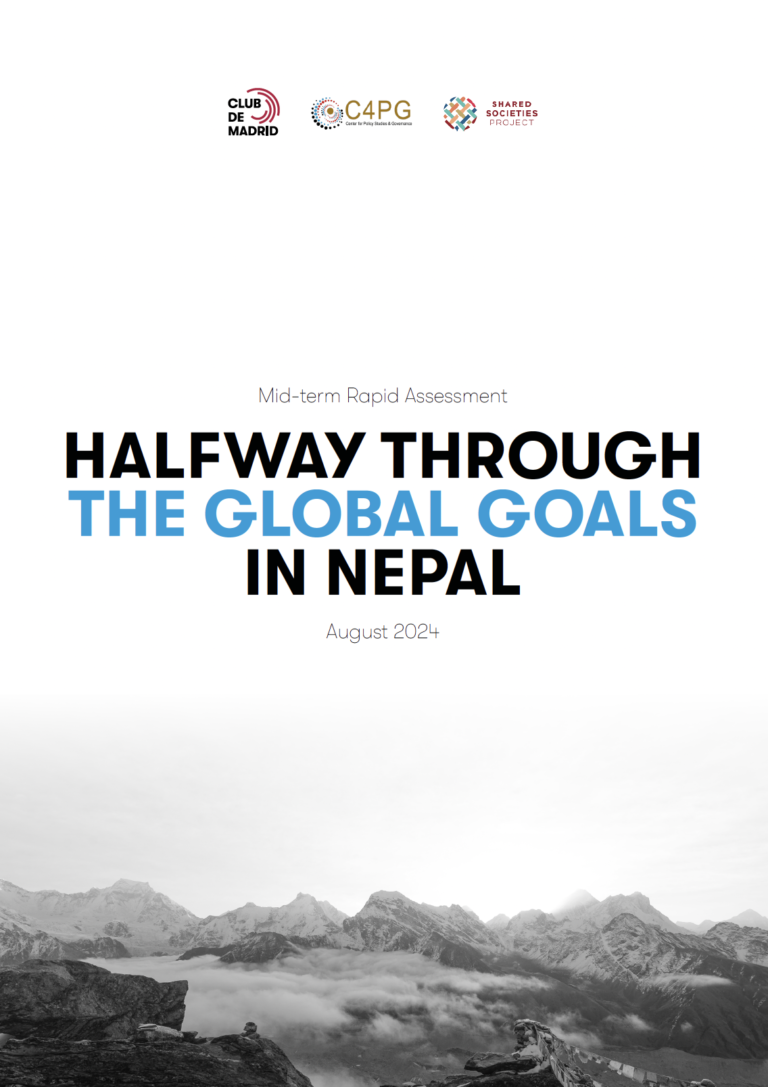Club de Madrid calls attention to the importance of ensuring that the voices of marginalized groups are heard in post-COVID recovery and global efforts to get back on the path of the 2030 Agenda.
Despite the setbacks occasioned by COVID-19, the 2030 Agenda and the Sustainable Development Goals (SDGs) remain the guiding framework for global development efforts. As the world slowly emerges from the pandemic, reflections will begin on the efforts and adjustments needed to make good on the promise of the SDGs between now and 2030 – and the lessons learned from COVID-19 will shape these reflections.
In that context, Club de Madrid calls attention to the importance of ensuring that the voices of marginalized groups are heard in post-COVID recovery and global efforts to get back on the path of the 2030 Agenda. As epidemiological data underscores, with indicators of lives lost, the inequalities that continue to affect certain identity groups, we promote the idea that “leaving no one behind” is not enough; a particular effort must be made to make sure that the benefits of development also reach minority communities – and giving them a seat at the table is a necessary pre-condition for that.
Publications
By 2023, Nepal has made notable progress on the SDGs, particularly in reducing poverty and improving health, education, and infrastructure. However, significant challenges remain, including persistent inequality, gaps in data, and COVID-19 impacts, which disproportionately affect marginalized groups.
View PDF
